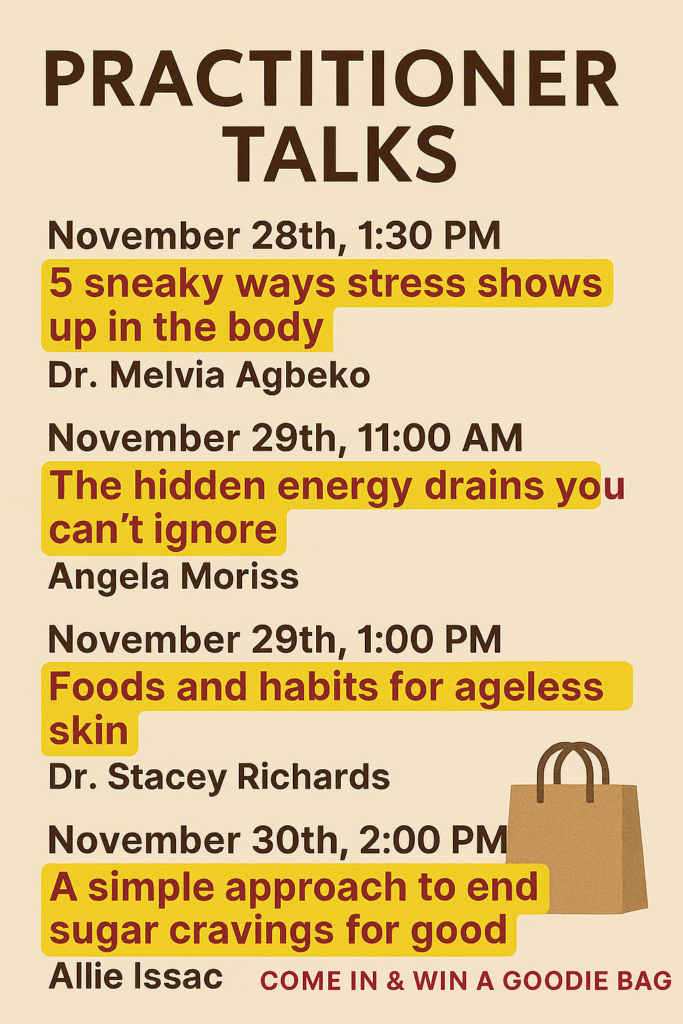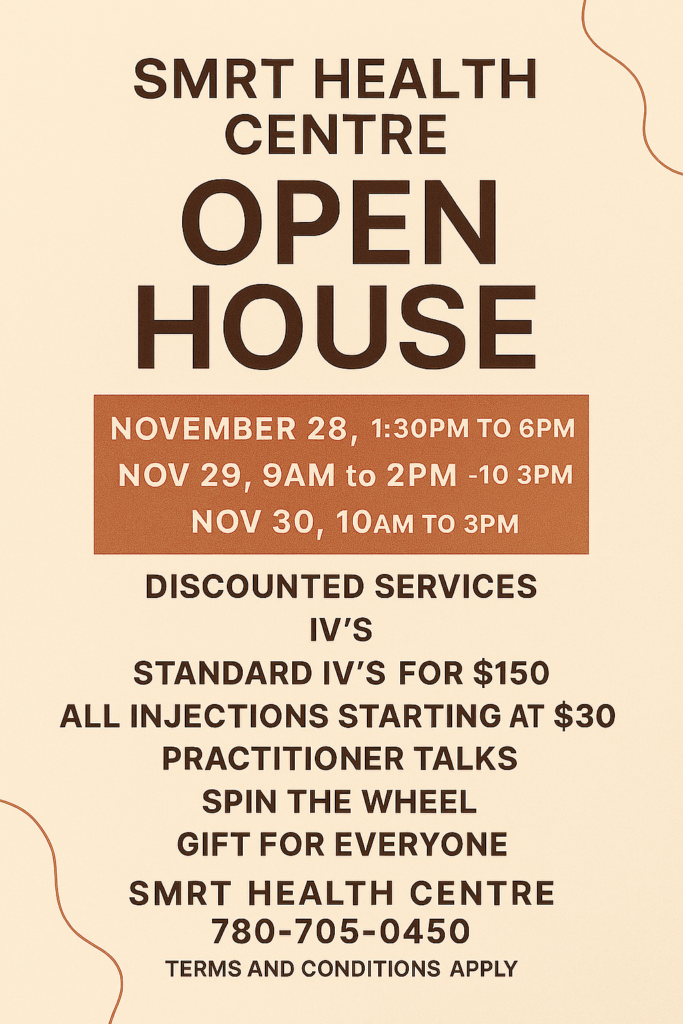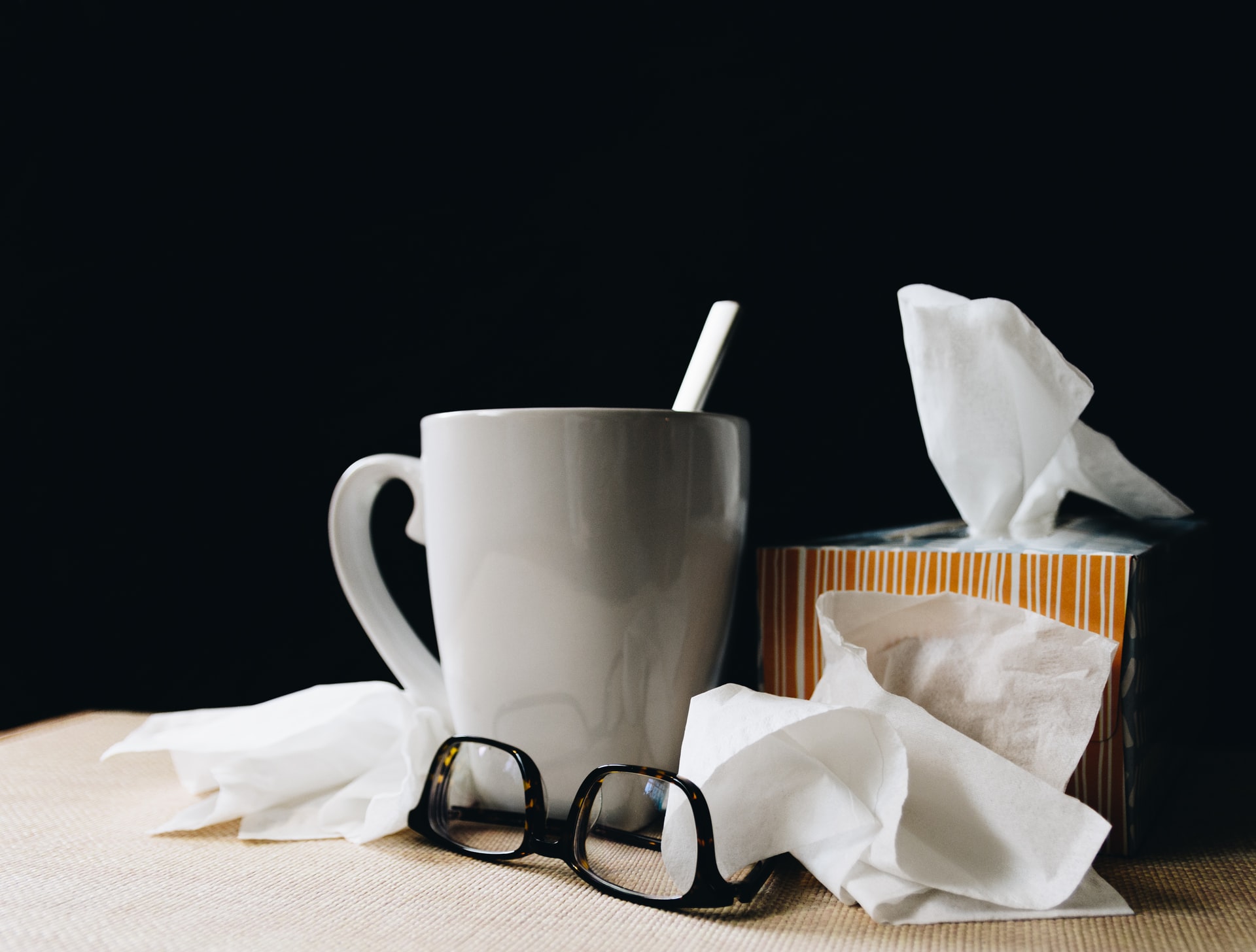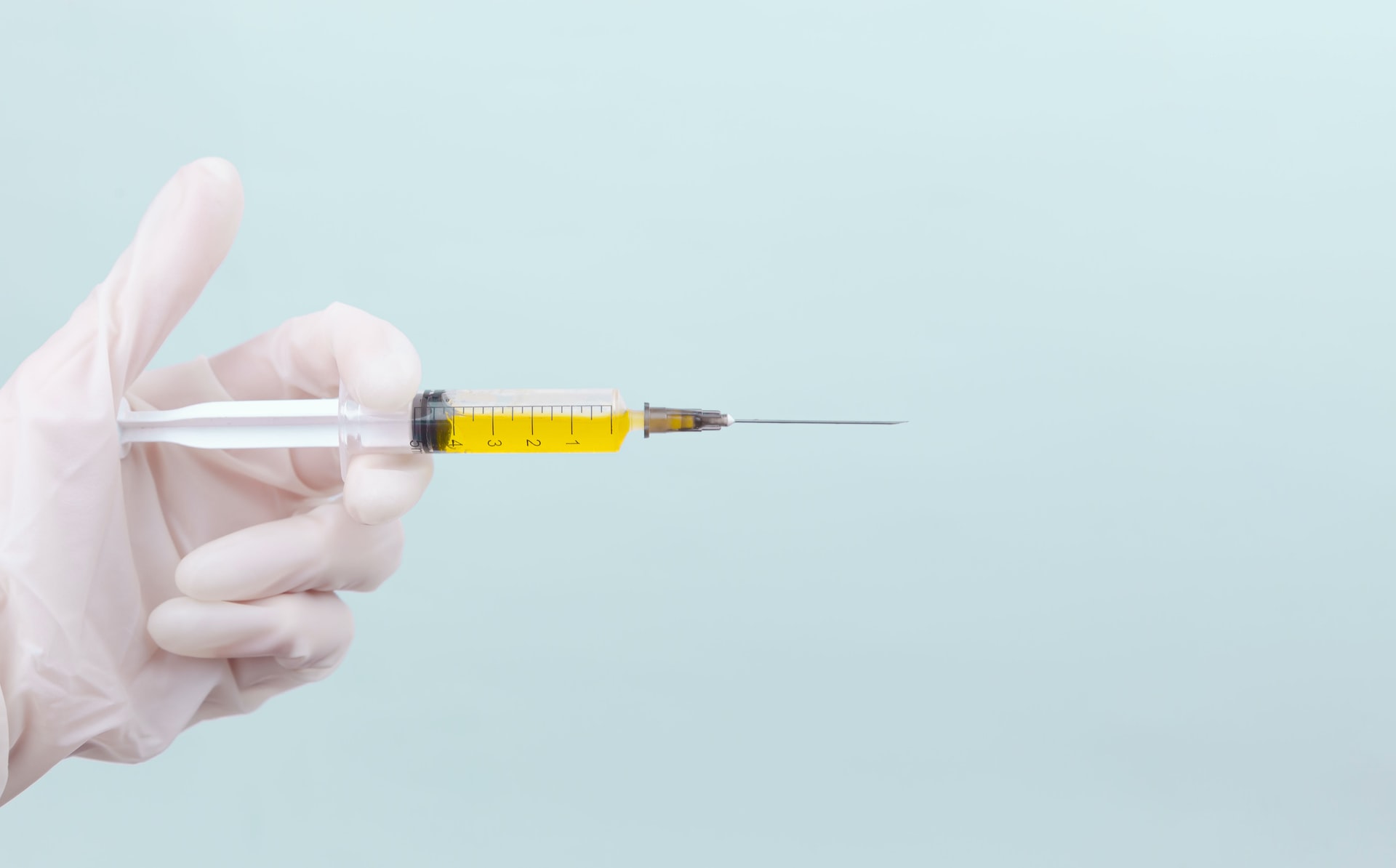You might think you don’t have time for mindful eating or that it won’t make much of a difference, so why bother? After all, when life is busy, eating often becomes just another task to check off the list. But if you want to see big results, WHAT you eat is only part of the equation – we also have to look at HOW you eat.
Who are you being when you eat? Do you rush through meals without really tasting them? Do you eat too little or too much for your body’s energy needs?
By becoming more aware of these habits, we can begin making choices that genuinely support our well-being and vitality.
What is Mindful Eating?
Mindful eating is about being fully present with your food – savouring flavours, appreciating textures, and listening to your body’s hunger and fullness cues. It enhances digestion, prevents overeating, supports better food choices, and fosters a healthier relationship with food.
Simple Ways to Eat More Mindfully (Even When You’re Busy):
Take a Breath Before Eating: A few slow, deep breaths before your meal can help reset your nervous system and prepare your body for digestion.
Remove Distractions: Set aside your phone, laptop, and TV so you can fully focus on your food, truly tasting each bite and noticing when you have had enough. If you have to multitask while eating (like working or driving), be mindful of chewing each bite thoroughly, ideally 20-30 times, instead of rushing through your meal.
Check in With Your Hunger: Are you actually hungry, or just bored or stressed? A quick, judgment-free check-in before eating can help prevent mindless snacking.
Engage Your Senses: Notice the colours, textures, and flavours of your food. Tuning in makes eating more enjoyable and satisfying. In a mindful eating class I led, a participant who was a bit skeptical was surprised to find that he didn’t experience indigestion for the first time after eating mindfully.
Chew Like You Mean It: Digestion starts in your mouth! Chewing well helps your body absorb nutrients more effectively and reduces bloating. Saliva also contains enzymes that help break down food, making digestion easier and more efficient.
Eat for Energy, Not Just Fullness: Aim to stop eating when you’re at a Level 7 or 8 on your fullness scale, instead of pushing to a Level 10, where you’re uncomfortably stuffed. Many of us have the habit of eating beyond fullness, like when you’re at a Chinese restaurant, and there’s so much food left on the table. It tastes so good, so you grab one more piece. Then, as you chat with friends, you mindlessly pick at another piece. Before you know it, your belly hurts, and you wish you hadn’t eaten so much.
Make Conscious Choices: If you decide to eat something processed or indulgent, enjoy it fully instead of scarfing it down mindlessly. A conscious choice helps prevent guilt and allows you to truly savour the experience.
Bringing Mindful Eating Into Your Life:
Start small by focusing on just 1-3 of these tips for one meal each day.
If you’re looking for practical ways to develop a healthier relationship with food, I’d love to help. My programs teach simple, sustainable strategies to make mindful eating a natural part of your daily life, helping you improve digestion, boost energy, and feel more satisfied with every meal.
To your vibrant health,
Allie Isaac
Integrative Nutrition Health Coach | Certified Health Coach
Master TCM Transformational Coach










